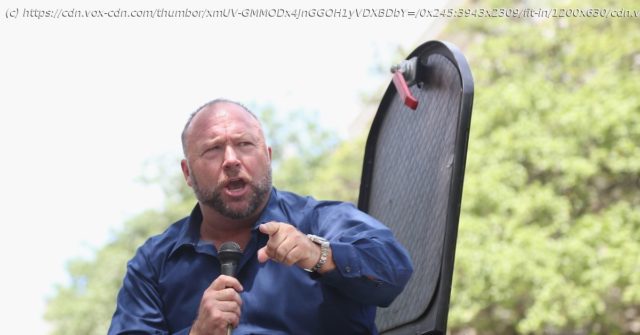Three-quarters of Americans think that companies «intentionally censor political viewpoints,» according to a new poll from Pew.
Facebook, YouTube, Twitter, and other social media companies are scrambling to take down and fact-check rampant misinformation about topics like Covid-19 and the 2020 election that spread on their platforms. But complicating these companies’ efforts to moderate content is the fact that a majority of Americans — on both sides of the political aisle — believe that social media companies are censoring political viewpoints, according to a new poll by the Pew Research Center. About three in four Americans feel it is very likely or somewhat likely that social media sites “intentionally censor political viewpoints that they find objectionable,” according to the survey. It polled around 4,700 Americans across the political spectrum. While people from both parties thought that social media companies were likely censoring content for political reasons, Republicans were much more likely than Democrats — 90 percent of Republicans compared to 59 percent of Democrats — to hold this belief. For several years, President Trump and leading Republican lawmakers have complained, without evidence, that social media platforms are systematically censoring conservative content. These politicians and their supporters have tried to prop up their allegations by citing anecdotal examples of conservative individuals’ accounts being removed and how many people who work in Silicon Valley tend to lean liberal. While media and technology experts have written off these complaints as lacking any serious empirical evidence, ultimately, the new survey suggests that, to some extent, evidence doesn’t matter. The belief that social media companies are using their power to further a political agenda is now mainstream. And the public’s negative perception about these companies’ intentions threatens to delegitimize their increasing efforts to fact-check and moderate content, particularly heading into the 2020 presidential election. How allegations of bias went from fringe to mainstream Allegations of social media platforms being politically biased in the US go back to a much-discussed 2016 Gizmodo story about the Facebook content moderators who managed its now-defunct Trending news section. The article cited anonymous moderators who said they deprioritized news from right-wing outlets based on individual editorial judgment. Subsequently, Facebook eliminated human reviewers from its platform. And in 2018, Facebook removed the Trending news section from the platform entirely. In the following years, accusations of alleged anti-conservative bias focused less on trending news stories and more on individual figures like far-right conspiracy theorist Alex Jones and his site InfoWars. For years, Jones used social media to espouse violent, sometimes racist, and harmful conspiracy theories (including the false claim that the Sandy Hook shooting was a hoax), amassing millions of followers along the way. When Jones was finally booted off of YouTube, Apple, and Facebook in 2018 for consistently violating their rules around hate speech, he and his fans launched a crusade against social media platforms. They rallied against these companies and their supposed political biases, and warned of a coming purge against other conservatives. And they weren’t alone in their claims.






